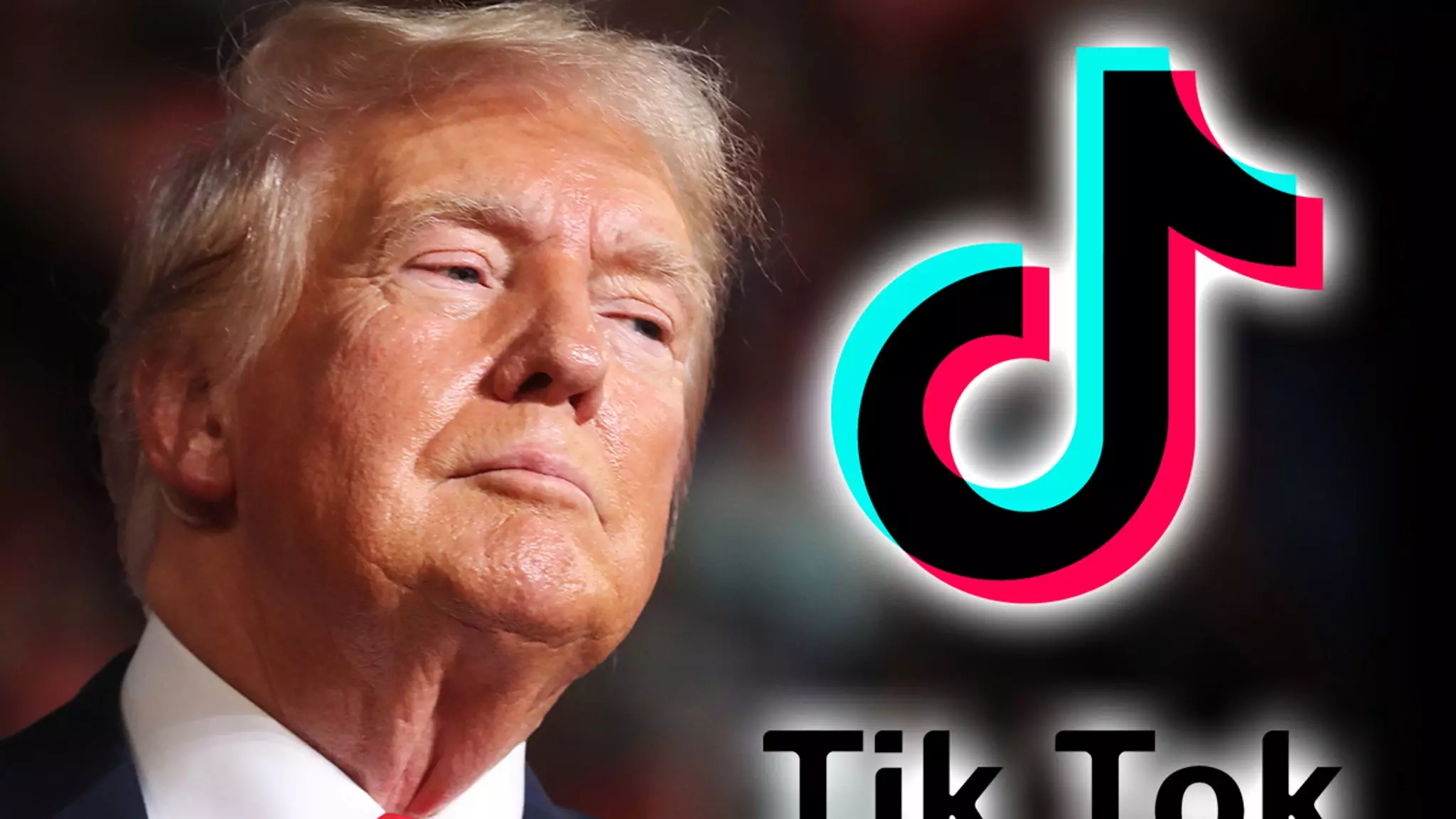The ongoing debate surrounding TikTok has taken a pivotal turn as former President Donald Trump seeks to intervene in a potential ban set to commence on January 19. This date holds significance as it aligns with Trump’s anticipated second inauguration and the implementation of a new law necessitating the divestment of TikTok from its Chinese parent company or facing a shutdown. In this context, Trump is urging the Supreme Court to step in and delay the enforcement of this law.
In a strategic move, Trump’s attorney, John Sauer, submitted a legal brief advocating for the Supreme Court’s attention to this matter, asking for a postponement of the upcoming legislation until Trump assumes office once more. The argument put forth emphasizes Trump’s desire to explore a political resolution to the complexities surrounding TikTok. The phrase “political resolution” suggests an inclination toward negotiation, which is fitting given Trump’s identity as a self-proclaimed master deal-maker.
His legal request highlights a clear assertion: Trump believes he possesses both the electoral mandate and the requisite political will to broker a solution that would safeguard the popular social media platform while simultaneously addressing the national security concerns cited by the government.
It is crucial to recognize that Trump’s engagement with social media is emblematic of his overarching political strategy. Previously active on Twitter and now promoting his own platform, Truth Social, he has amassed a notable following of nearly 15 million on TikTok. This connection not only adds a layer of personal stake in the matter but also positions him as a significant figure in the social media landscape. Trump’s characterization as “one of the most powerful, prolific and influential users of social media in history” paints a vivid picture of his essential role in shaping public discourse, further motivating his involvement in the TikTok situation.
From the government’s perspective, the argument supporting the new law is anchored in national security. Officials have raised alarms over the potential influence of the Chinese government over the platform, positing risks that extend to data security for American users. This stance aligns with broader concerns about foreign entities manipulating digital platforms for espionage or propaganda.
In stark contrast, TikTok has voiced its opposition to the impending ban, grounding its arguments in the First Amendment. The platform contends that inhibiting its operations would infringe on free speech rights, a claim that adds a constitutional dimension to the discourse.
As this multifaceted scenario unfolds, the anticipation surrounding the Supreme Court’s response grows. The interplay between Trump’s influence, social media dynamics, and national security concerns sits at the intersection of legal, political, and cultural realms, offering a rich narrative of American modern governance. The implications of the Court’s decision will undoubtedly resonate beyond the immediate realm of TikTok, influencing public sentiment toward content regulation, digital privacy, and the balance of power between corporations and government.
The discussion surrounding Trump’s call to the Supreme Court to intervene in the TikTok ban encapsulates a larger narrative of governance, security, and the complexities of digital communication in today’s society. All eyes will be on the Court as they deliberate on what could be a landmark case with lasting effects.

